Akathisia Vs Restless Leg Syndrome
Akathisia vs restless leg syndrome. Restless Legs Syndrome Linked to Higher Mortality. We present three patients with acute pontine infarction and RLS or akathisia as clinical manifestations. A report from the International Restless Legs Syndrome Study Group.
You could also have leg. Restless Legs Syndrome Fact Sheet Mayo Clinic. The antidepressant mirtazapine has demonstrated benefit and there is tentative evidence of benefit for diphenhydramine trazodone benzatropine and beta blockers.
Akathisia is characterized by a feeling of inner restlessness and an inability to sit or stand still 1 which was shown in Patient 2. You could also have leg pain. According to some reports patients treated with risperidone may develop akathisia.
To the EditorAtyical neuroleptics commonly cause akathisia a distressing feeling of generalized restlessness. Patients were screened for baseline akathisia using an akathisia scale and reexamined for akathisia after receiving intravenous infusion with one of four dopamine receptor blocking agents as treatment for their headaches. Restless legs syndrome also causes an uncontrollable urge to move your legs but mostly at night.
Even the DSM-IV bastion of science that it is says. Movement Disorders Journal of the American Medical Association. The main focus is on drug-induced akathisia and its various subtypes.
They have also been rarely reported to cause restless legs syndrome which has overlapping clinical characteristics with akathisia but is distinguished by dysethesias specifically in the legs with an irresistible urge to move them. Associated with dysesthesia originating in legs whereas in case of akathisia patient feels like its originating in the central core of the body. The diagnosis of RLS was established using the International Restless Legs Syndrome Study Group criteria.
There is positive family history in RLS. Restless legs syndrome RLS which shares some clinical features with akathisia is a distinct movement and sleep disorder that may be induced by various drugs that act on the CNS.
Restless legs and Restless Legs Syndrome RLS With restless legs a person has unpleasant crawling pulling or itchy feelings in the muscles or bones of the legs.
A US doctor answered Learn more. Akathisia is a. To the EditorAtyical neuroleptics commonly cause akathisia a distressing feeling of generalized restlessness. Even the DSM-IV bastion of science that it is says. Akathisia is a condition that causes a feeling of restlessness and an urgent need to move. This book reviews our knowledge of akathisia and related syndromes including Restless Legs Syndrome other forms of motor restlessness and neuroleptic-induced dysphoria and is a comprehensive account of these important but insufficiently researched syndromes. Patients were screened for baseline akathisia using an akathisia scale and reexamined for akathisia after receiving intravenous infusion with one of four dopamine receptor blocking agents as treatment for their headaches. Read this article and you will see that it is much more than restlessness. Akathisia is sometimes called restless legs syndrome.
National Heart Lung and Blood Institute Working Group on Restless Legs Syndrome. They have also been rarely reported to cause restless legs syndrome which has overlapping clinical characteristics with akathisia but is distinguished by dysethesias specifically in the legs with an irresistible urge to move them. It can affect the mind as well as the body. Patients were screened for baseline akathisia using an akathisia scale and reexamined for akathisia after receiving intravenous infusion with one of four dopamine receptor blocking agents as treatment for their headaches. Thus in akathisia there are findings suggestive of serotoninergic involvement differing from RLS whereas findings. The name comes from the Greek word akathemi which means to never sit down. Making the distinction is critical because the treatment for restless legs syndrome dopamine agonists such as ropinirole.





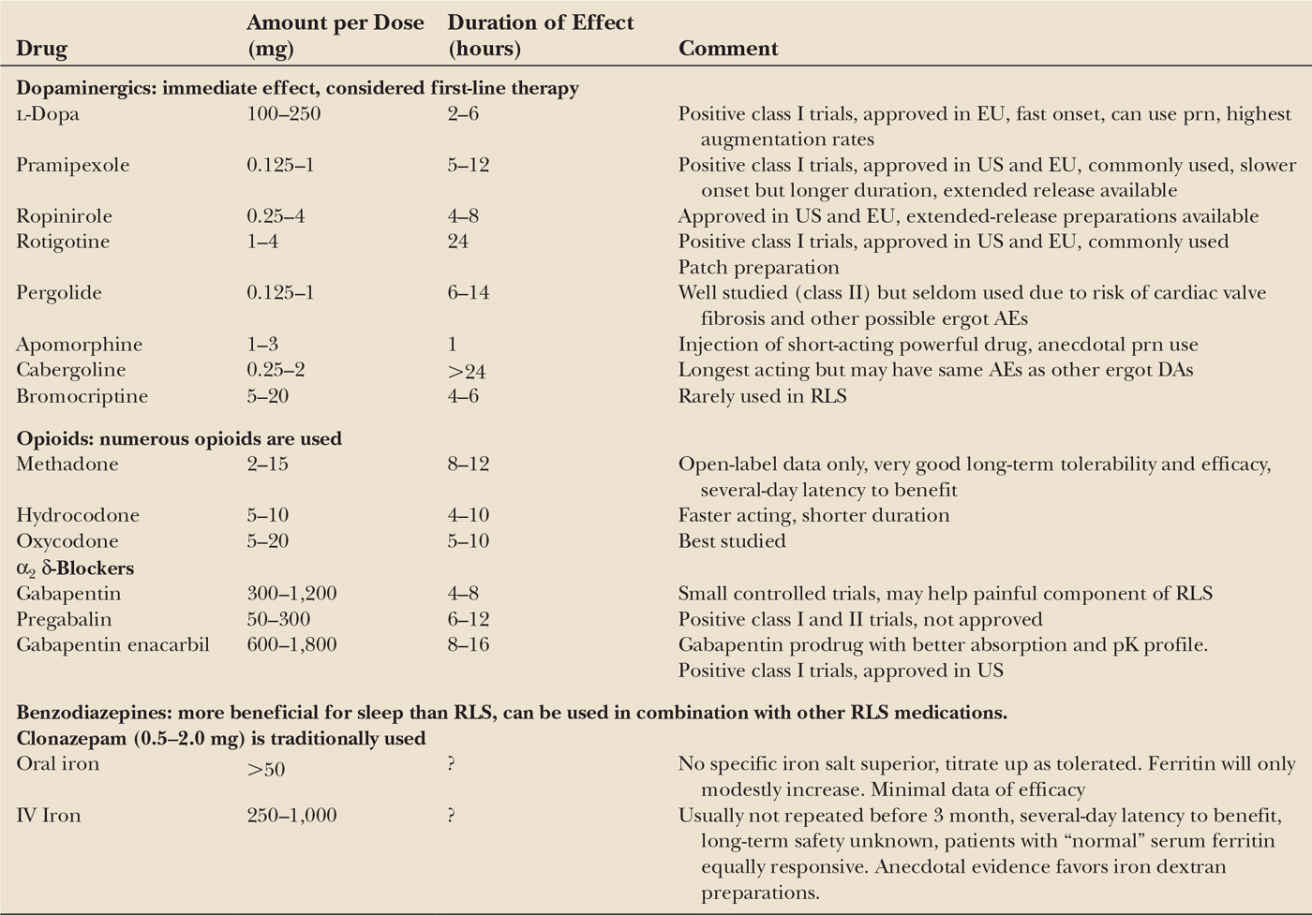


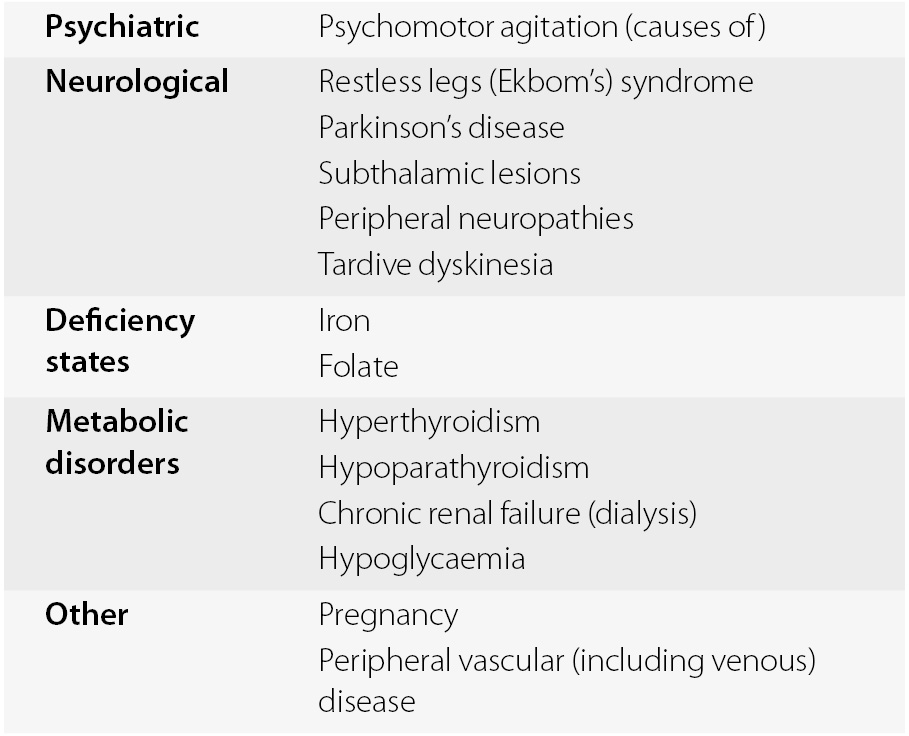

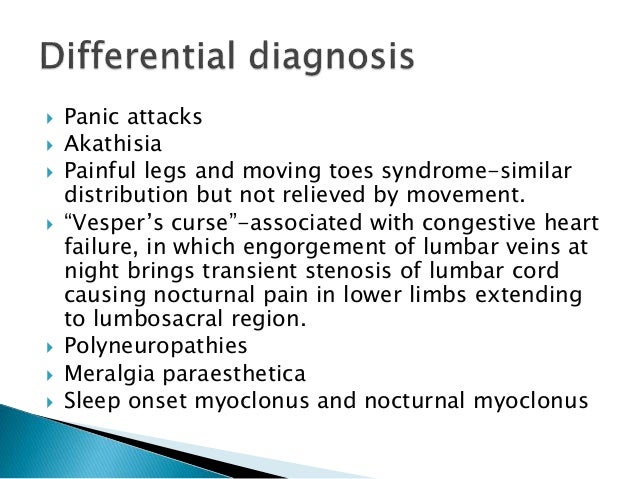



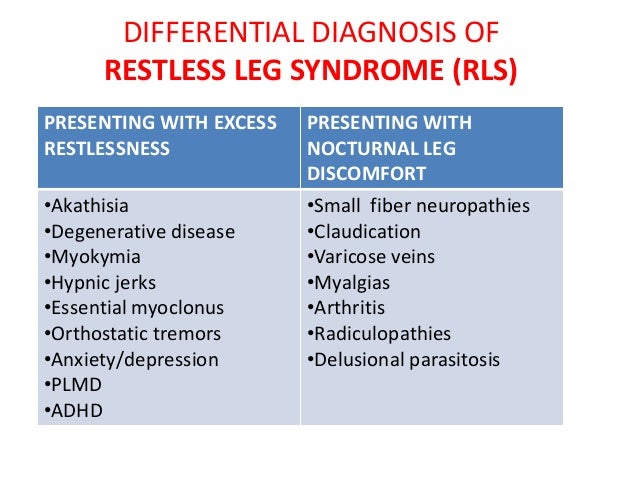





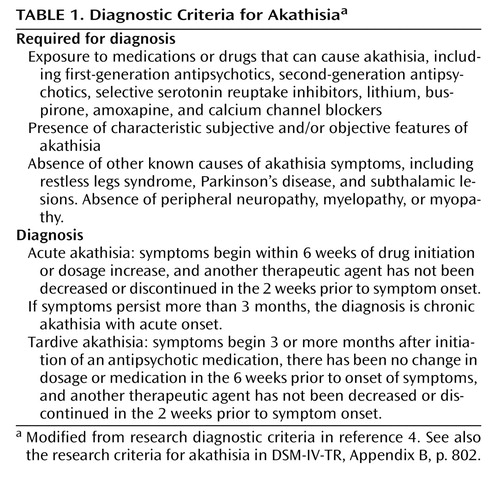
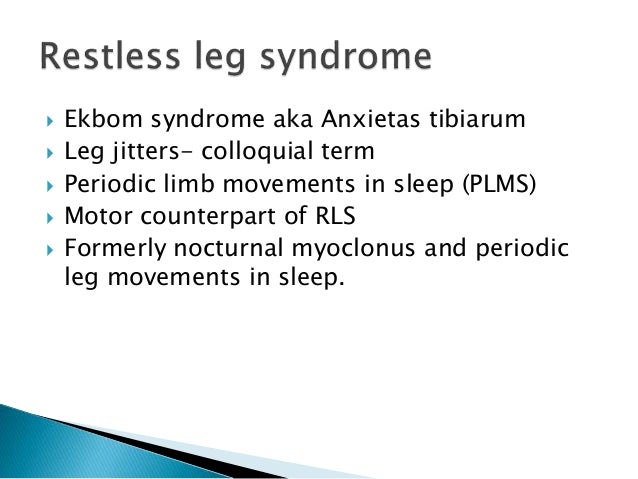

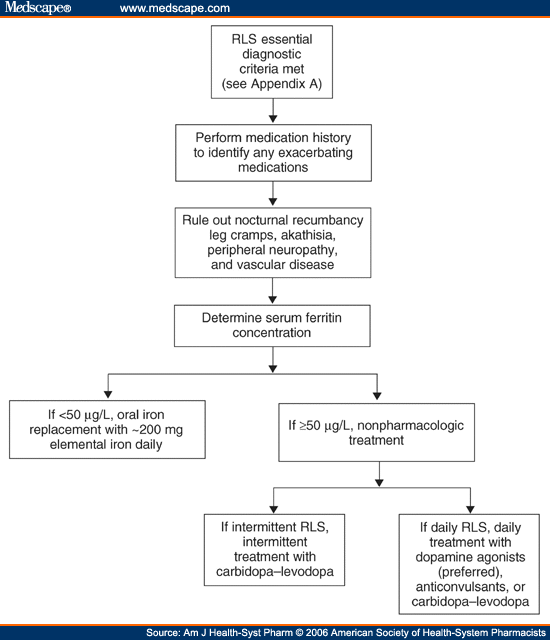




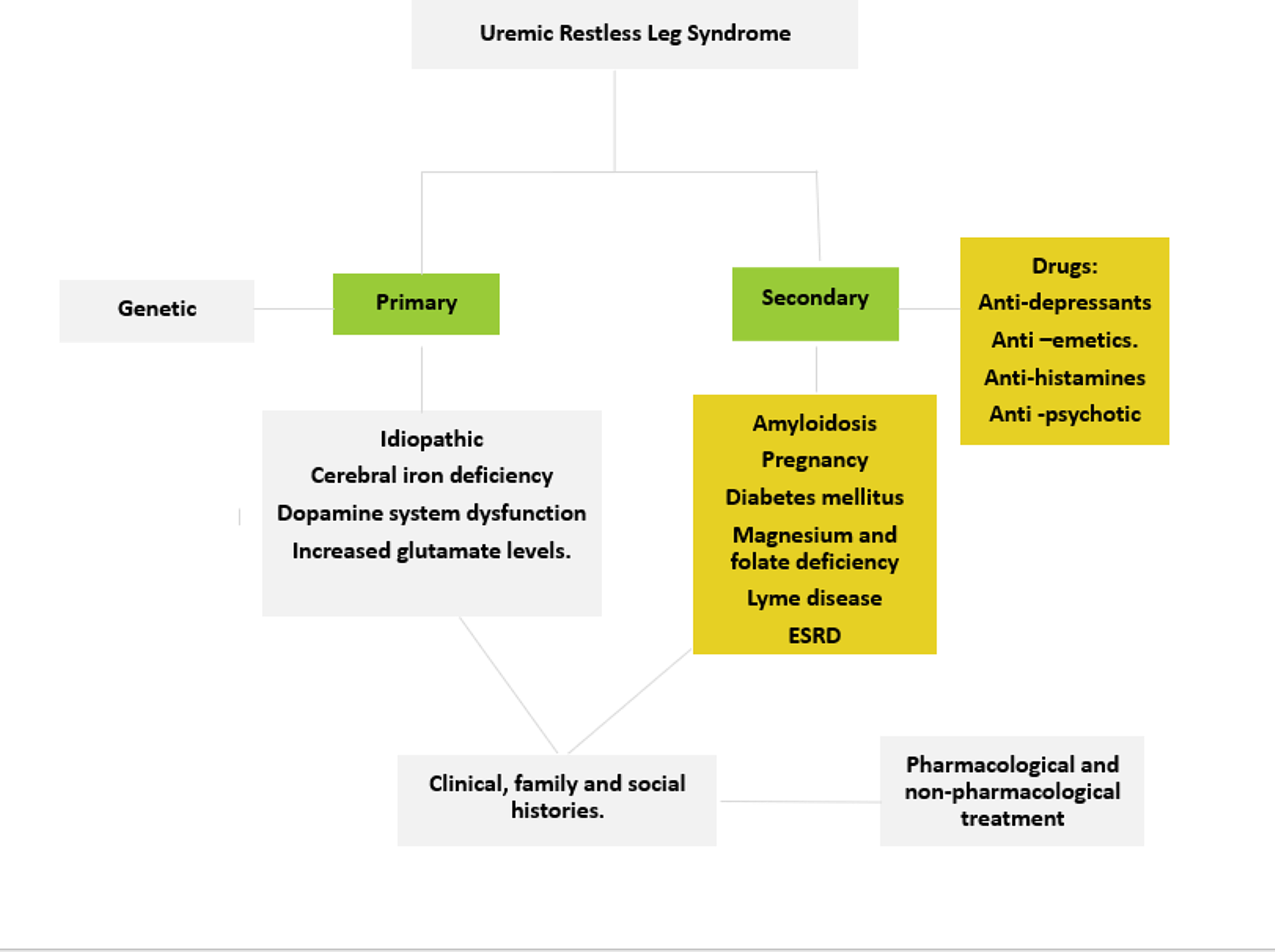


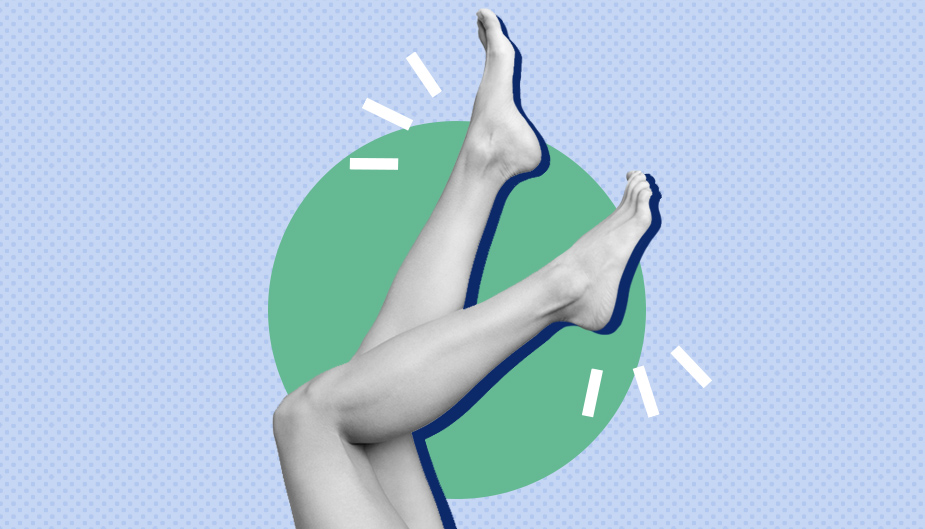





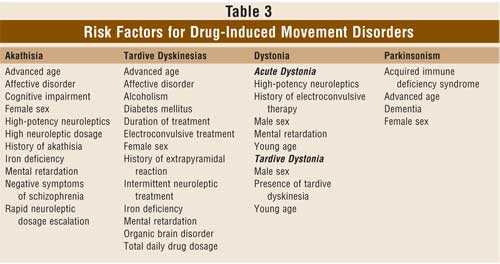


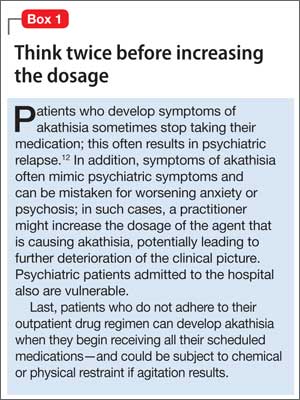



Post a Comment for "Akathisia Vs Restless Leg Syndrome"